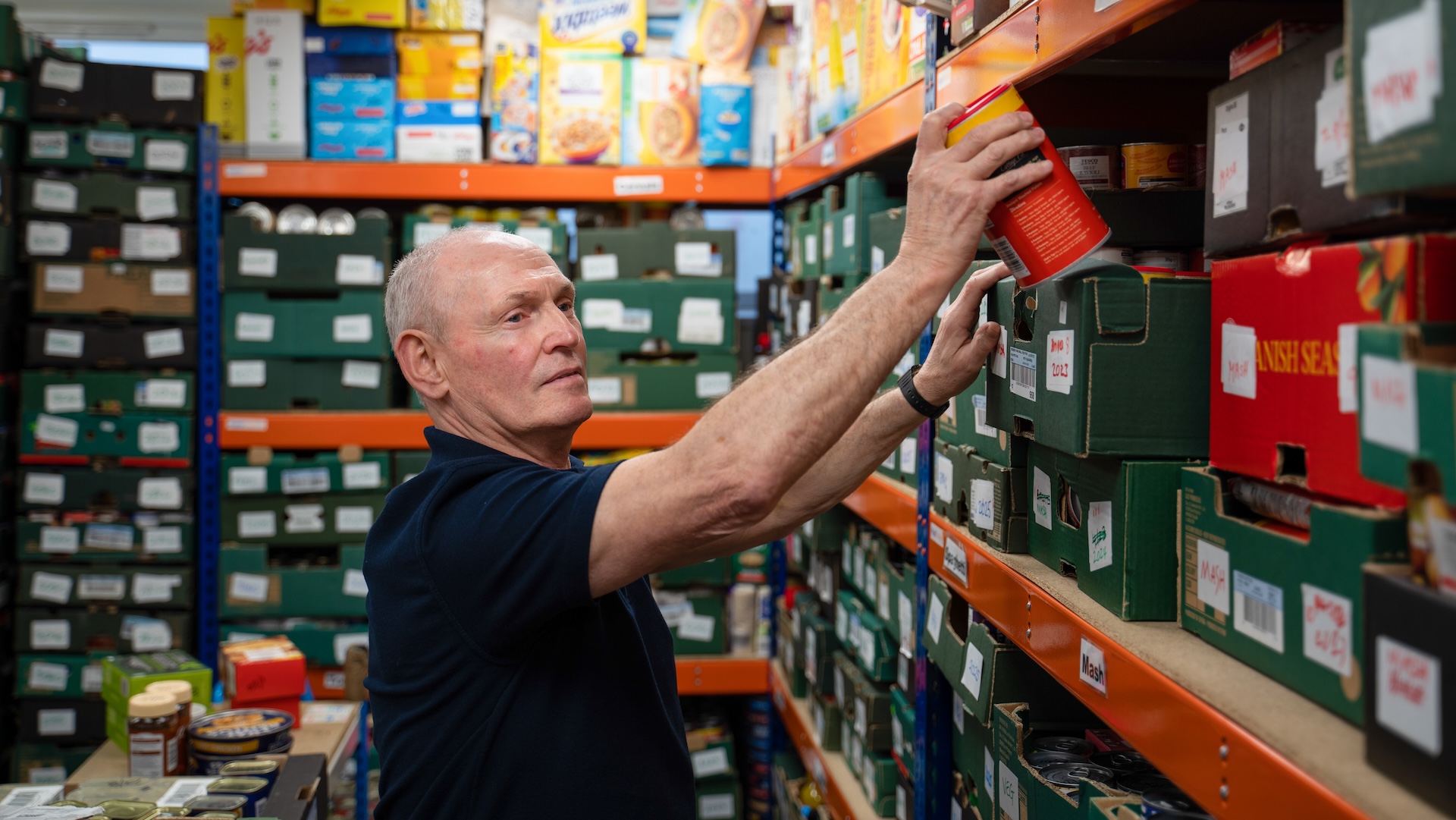As the results rolled in on election night, like many others working in frontline services who’ve witnessed the disastrous effects of austerity, I felt a huge amount of hope and elation.
But there was also sadness, thinking of the millions who have suffered from cruel Department for Work and Pensions (DWP) policies over the last 14 years. Suffering that could have been avoided had there been a genuine social security safety net in place. At our food bank in south west London, we saw the effect of government decisions to erode social security payments every week.
The mother who cried as she told us how she crept out at night to go through the bins outside the nearby supermarket, looking for something she could give to her children the next day. Her universal credit payment was simply not enough. Paul, a man in his thirties, who was sanctioned when letters went missing in his tower block hallway. Appealing and undoing the sanction became impossible with no money to pay the electric to charge his phone, no data or wifi to access his universal credit account. He arrived at the food bank one day, having walked miles in the rain, broken and starving.
We’ll never forget the woman who asked for her food parcel to be made up with bags from one supermarket, so her partner wouldn’t know she was using the food bank. For months she’d been trying to hide the depth of their financial situation from him, in fear that he’d take it out on her. The ICU nurse who worked 16-hour days but came back to empty fridge and cupboard after her private landlord had almost doubled her rent. Or the family who, whilst enduring the five-week wait for first universal credit payment, felt they had no option but to borrow money from a man on the estate, with dreadful consequences.
There are so many more examples. These are just the tip of the iceberg of what we saw every week, at one small independent food bank. Every food bank will have stories like this, and with thousands of food banks across the UK, that thought is truly terrifying.
Food banks are just one part of the story. Think about those who haven’t quite yet accessed food aid, who are sitting at home struggling, either because they don’t know where or how to get help or can’t quite get over the shame barrier. At our food bank it was often heartbreaking to hear how long people had struggled before asking for help. They would make every conceivable sacrifice possible – cutting back on food portion sizes, then cutting meals, to going whole days without food. Some people came to the food bank but couldn’t quite make it through the door. Once, a woman hid in the hedge, terrified someone would recognise her. The latest DWP Family Resources Survey data shows that 86% of households on universal credit reporting severe food insecurity did NOT access a food bank.









